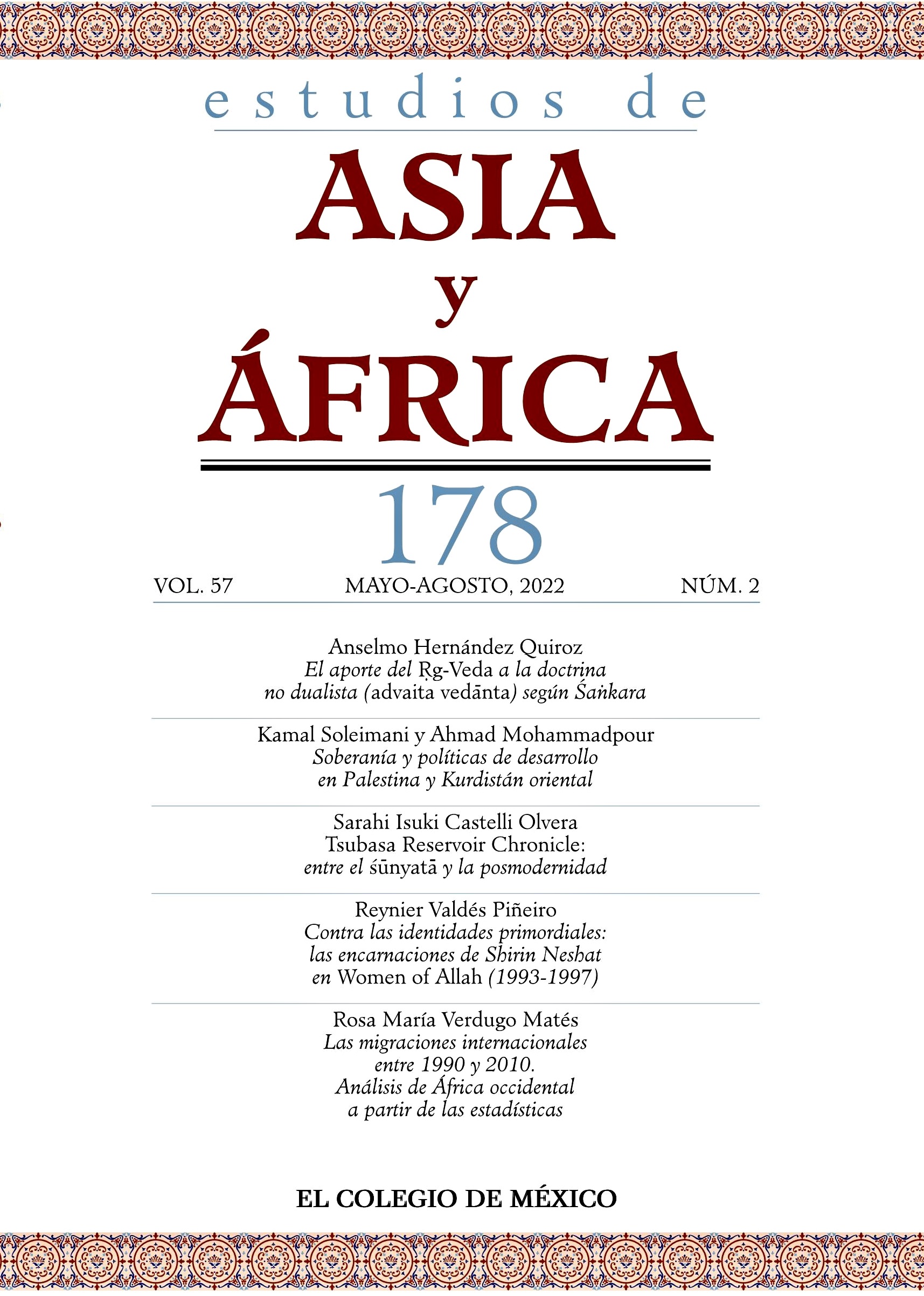Abstract
I present here the first translation into Spanish of “The War within the Belly”, an essay by the idiosyncratic writer Wang Xiaobo that features an outlandish first-person account of events taking place at a provincial hospital during the Cultural Revolution. The text provides a first-hand testimony of the chaos, supply shortages, and political fanaticism inflicted upon the Chinese population at that time. The crude depiction of the patients’ hardships is counterbalanced by the author’s detachment; Wang Xiaobo uses sarcasm to criticize the futility and temerity of those in power during those ten lost years, concluding that those were times of ignorance and absurdity, and that many took advantage of it to give free rein to their madness.
References
Bernstein, Thomas P. 1977. Up to the Mountains and Down to the Villages: The Transfer of Youth from Urban to Rural China. New Haven, CT: Yale University Press.
Dietrich, Craig. 1997. People’s China: A Brief History. Nueva York: Oxford University Press.
Huang, Yibing. 2007. Contemporary Chinese Literature. From the Cultural Revolution to the Future. Nueva York: Palgrave Macmillan.
Kraus, Richard C. 2012. The Cultural Revolution. A Very Short Introduction. Nueva York: Oxford University Press.
Leung, Angela Ki Che. 2007. “Yiliaoshi yu zhongguo ‘xiandaixing’ wenti” 医疗史与中国”现代性”问题 [Historia de la medicina y la cuestión de la “modernidad” china]. Zhongguo shehui lishi pinglun 0 (8): 1-18.
Lynch, Michael. 2016. China 1839-1997. Londres: Hodder Education.
Mao, Zedong. 1965a. “Dui weisheng gongzuo de zhishi” 对卫生工 作的指示 [Directrices relativas a la salud pública]. Marxists.org. 26 de junio de 1965. https://www.marxists.org/chinese/maozedong/1968/5-152.htm
Mao, Zedong. 1965b. Selected Works of Mao Tse-Tung. Volume I. Beijing: Foreign Languages Press.
White, Sydney D. 1998. “From ‘Barefoot Doctor’ to ‘Village Doctor’ in Tiger Springs Village: A Case Study of Rural Health Care Transformations in Socialist China”. Human Organization 57 (4): 480-490. https://doi.org/10.17730/humo.57.4.hp3311372h0xx2u7
Whyte, Martin K. 1991. “Urban Life in the People’s Republic”. En The Cambridge History of China. Vol. 15: The People’s Republic, Part 2: Revolution within the Chinese Revolution 1966- 1982, editado por Roderick MacFarquhar y John K. Fairbank, 682-742. Cambridge: Cambridge University Press. https://doi.org/10.1017/CHOL9780521243377.011
Wang, Xiaobo. 1996. Siwei de lequ 思维的乐趣 [El placer de pensar]. Taiyuan: Beiyue Wenyi Chubanshe.
Wang, Xiaobo. 1997. Wo de jingshen jiayuan 我的精神家园 [Mi jardín espiritual]. Beijing: Wenhua Yishu Chubanshe.
Wang, Xiaobo. 2009. Chenmo de daduoshu 沉默的大多数 [La mayo ría silenciosa]. Xi’an: Shaanxi Normal University Press.
Wang, Xiaoping. 2012. Wo de xiongdi Wang Xiaobo 我的兄弟王 小波 [Mi hermano Wang Xiaobo]. Nankín: Jiangsu Wenyi Chubanshe.
This work is licensed under a Creative Commons Attribution-NonCommercial-NoDerivatives 4.0 International License
Copyright 2022 Estudios de Asia y África



